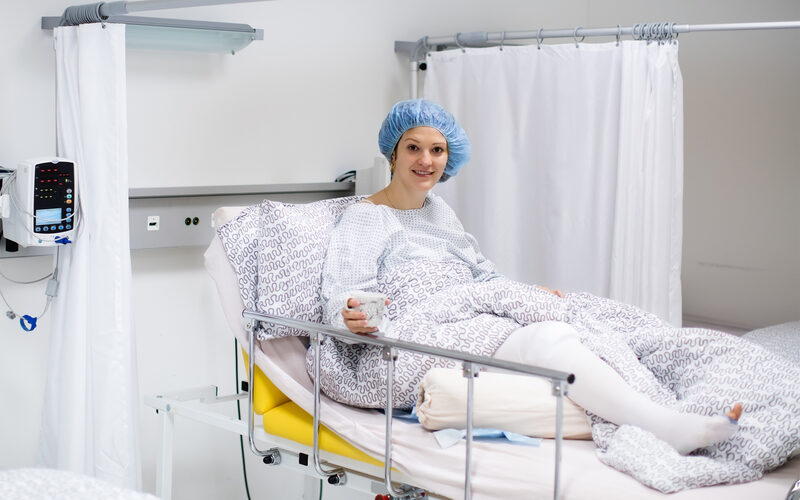Recovering from surgery can be a challenging process that engages both body and soul. Whether you’re a holistic wellness practitioner or someone who is embarking on a path toward health improvement, it’s essential to focus on recovery strategies that encompass physical well-being as well as emotional and spiritual elements. Here are some comprehensive tips for a faster, more balanced recovery.
Get Rest
It may seem simple, but rest is one of the most critical components for faster healing after surgery. Rest doesn’t merely mean sleep, although sufficient sleep is undeniably essential. Your body needs a low-stress environment to focus its energy on healing. Mindfulness techniques, such as meditation or simple deep-breathing exercises, can also contribute to restfulness. These methods not only allow the body to rejuvenate but also give the mind a much-needed break. A relaxed mind makes room for faith and positivity, which some believe can facilitate quicker healing.
Eat Nutritious Foods
Nutrition is another key element in expediting your recovery. Your body demands extra resources to heal itself, so the right kinds of food become especially important. Whole foods, such as fruits, vegetables, lean proteins, and whole grains, provide the vitamins and minerals that contribute to faster healing. Getting plenty of critical nutrients will help you throughout all three phases of healing. Proper nutrition is not just about what you eat but also when and how you eat. Meal timing and portion control can have a significant impact on your energy levels and metabolic rate. Moreover, for those who incorporate spiritual practices into wellness, saying a prayer or setting an intention before meals can help focus the mind and create a more nourishing eating experience.
Follow Your Doctor’s Advice
As much as holistic methods contribute to well-being, following your doctor’s advice remains paramount in your recovery process. Medical professionals are trained to provide guidelines that are specifically tailored to your condition and surgical procedure. You should adhere to all prescribed medications and physical therapy plans, as skipping or altering these can significantly delay recovery. Trusting in your healthcare provider doesn’t mean neglecting your spiritual practices, but rather integrating the two for a balanced healing approach. Your doctor’s recommendations often extend beyond medication and physical exercises. They may also provide advice on wound care, signs of complications, and milestones you should be reaching in your recovery. Faith-centered health approaches can harmonize beautifully with medical advice when both aim at the same goal — a quick and thorough recovery.
By combining a dedication to rest, a focus on nutritious eating, and a strong adherence to medical advice, you can accelerate your recovery from surgery in a balanced way. These aspects of healing don’t operate in isolation; they are interconnected facets of your overall well-being. Practicing them in unison enriches not just the body but also nurtures the mind and soul. So as you work toward recovery, consider these guidelines as foundational pillars that uphold both your physical and spiritual health.
Did You Enjoy Reading This Article? Here’s More to Read: Signs of an Unhealthy Home Environment






